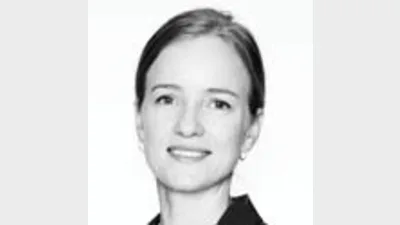ETFs to become more attractive for advisers



The proposed Future of Financial Advice reforms could boost the use of exchange-traded funds (ETFs) by Australian retail investors, according to an industry expert.
The proposed ban on upfront and trailing commissions to financial advisers will encourage advisers to look for solutions that do not carry these types of fees, said Deborah Fuhr, Blackrock global head of ETF research and implementation strategy.
“ETFs will become the ideal solution,” she said.
While the Australian ETF industry has lagged behind its American counterpart, Fuhr believes it is on track to follow global trends and increase by 20 to 30 per cent per year.
Australian ETF assets are expected to surpass US$10 billion by the end of 2013, growing from the current US$6 billion.
According to Russell Investments director of ETFs Amanda Skelly (pictured), the Australian ETF landscape is the reverse of what is happening globally, with retail and self-managed super fund investors taking a lead in ETF usage.
New research from Deloitte Actuaries & Consultants and commissioned by Russell found that while institutional investors have used ETFs in the past, obstacles such as cost and liquidity stand in the way of further use.
Skelley said it was up to the ETF industry to meet the growing needs of the institutional market and educate institutional investors on the different ways they can use ETFs in portfolio management.
Recommended for you
Natixis Investment Managers has hired a distribution director to specifically focus on the firm’s work with research firms and consultants.
The use of total portfolio approaches by asset allocators is putting pressure on fund managers with outperformance being “no longer sufficient” when it comes to fund development.
With evergreen funds being used by financial advisers for their liquidity benefits, Harbourvest is forecasting they are set to grow by around 20 per cent a year to surpass US$1 trillion by 2029.
Total monthly ETF inflows declined by 28 per cent from highs in November with Vanguard’s $21bn Australian Shares ETF faring worst in outflows.










